How many years are we going to live?
Farmazian doktorea. Biofarmazia, Farmakozinetika eta Farmazia-teknologiako irakasle kolaboratzailea
Farmazia Fakultatea UPV-EHU, Vitoria-Gasteiz
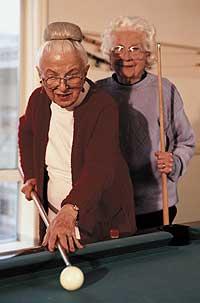
Knowing how much we are going to live causes curiosity and fear. However, we have all ever dreamed of making our life unfinished or, at least, completely overcoming the current life expectancy. As the prestigious film director Woody Allen says, “I do not want to achieve immortality through my work. I would like to achieve it by living forever.”
Together with these thoughts come to mind examples of human beings who have had a long life. Asked by their secrets or by their magic poems, sometimes we receive perverse surprises. For example, when a 122-year-old woman was asked, she stated that her secrets were olive oil, wine and burning. But, being so harmful to smoking, how can you live so much? What then determines the duration of our life?
Unfortunately, we still do not know how to answer this question. Insurers carry out a heavy job to calculate in advance what we are going to live and, consequently, establish the cost of insurance. For this purpose they use different surveys. However, scientists have never considered these tools useful.
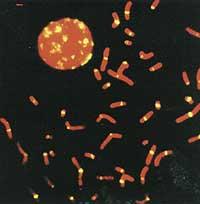
Science has always analysed the creation and death of life, but it has not been too much about knowing the reasons that condition the journey between these two points. What reasons is there to make the journey of life faster or slower?
Human complexity makes the first choice of experts to understand simple organisms. Yeasts are excellent organisms to look for the factors that regulate the life of individuals.
Experts have analyzed, first of all, the ability to grow or repeat yeasts, that is, the number of new cells that can form from a cell. The analysis of external factors has shown that by reducing glucose levels, the capacity for growth of yeasts increases considerably and is maintained for longer. According to this result, reducing food and calories would be beneficial for living longer. However, it will be necessary to do more work to apply to our body discoveries in small organisms.
On the other hand, it seems that there are genes involved in the process of prolonging life. Among them, the so-called Sir2 gene is capable of extending life. According to new studies, calorie reduction strengthens the activity of the Sir2 gene, so yeasts live longer.
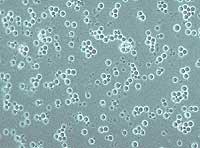
Mammal cells, like yeasts, can be multiplied by a limited number of periods. When this amount is exceeded, the cells are no longer divided. Scientists have analysed in detail the factors that condition this limitation. And they have seen that there are two factors that control cell life: Ras gene (gene related to the generation of cancer) and reduction of telomeres.
Telomeres are structures that are found at the end of chromosomes and are reduced as cells multiply. By overcoming a limit, cells lose the ability to multiply. Thus, someone may think that the increase in the size of telomeres or their reextension allows us to extend the life of cells. And so it is.
Various research has shown that maintaining or increasing the size of telomeres, cells become immortal, but unfortunately, extrapolating it to our bodies, immortality would not be a cancer.
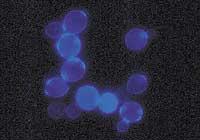
Analyzing the life of complex organisms, we also realize that there are more phenomena involved. The interaction between genes, growth factors, external phenomena (food, sports, smoking…) can play an important role in the survival of our life.
There are still too many questions left unanswered: Is the beneficial effect of reducing calories in yeasts the same as in us? Would it be possible to inhibit certain adverse growth factors such as the IGF-1 insulin factor? Can we produce drugs to maintain and live our quality of life longer? There is still a lot of research to do. And for some, moreover, that work will never end, because knowing how much we are going to live will be a mystery.
How much will you live?
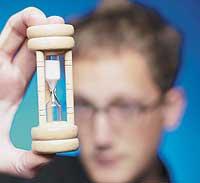
This is one of the surveys used by insurers to calculate how much we will live. Follow the survey step by step and take into account that (+) is add and (-) remove. Start with 76 and go eliminating or adding:
- If you are between 30-50, + 2 between 51 and 70, + 4 If you are a man, - 3 women + 4 million inhabitants, - 2 if you are less than 10,000 inhabitants, or 2 If you have a grandfather who has reached the age of 85, + 2 if all the children have reached the age of 80, + 4 If your father or your mother died from an infarction, - 4 My mother or a brother
- If from the age of 40 he realizes an annual medical recognition + 2 So you will live one more year:______________





